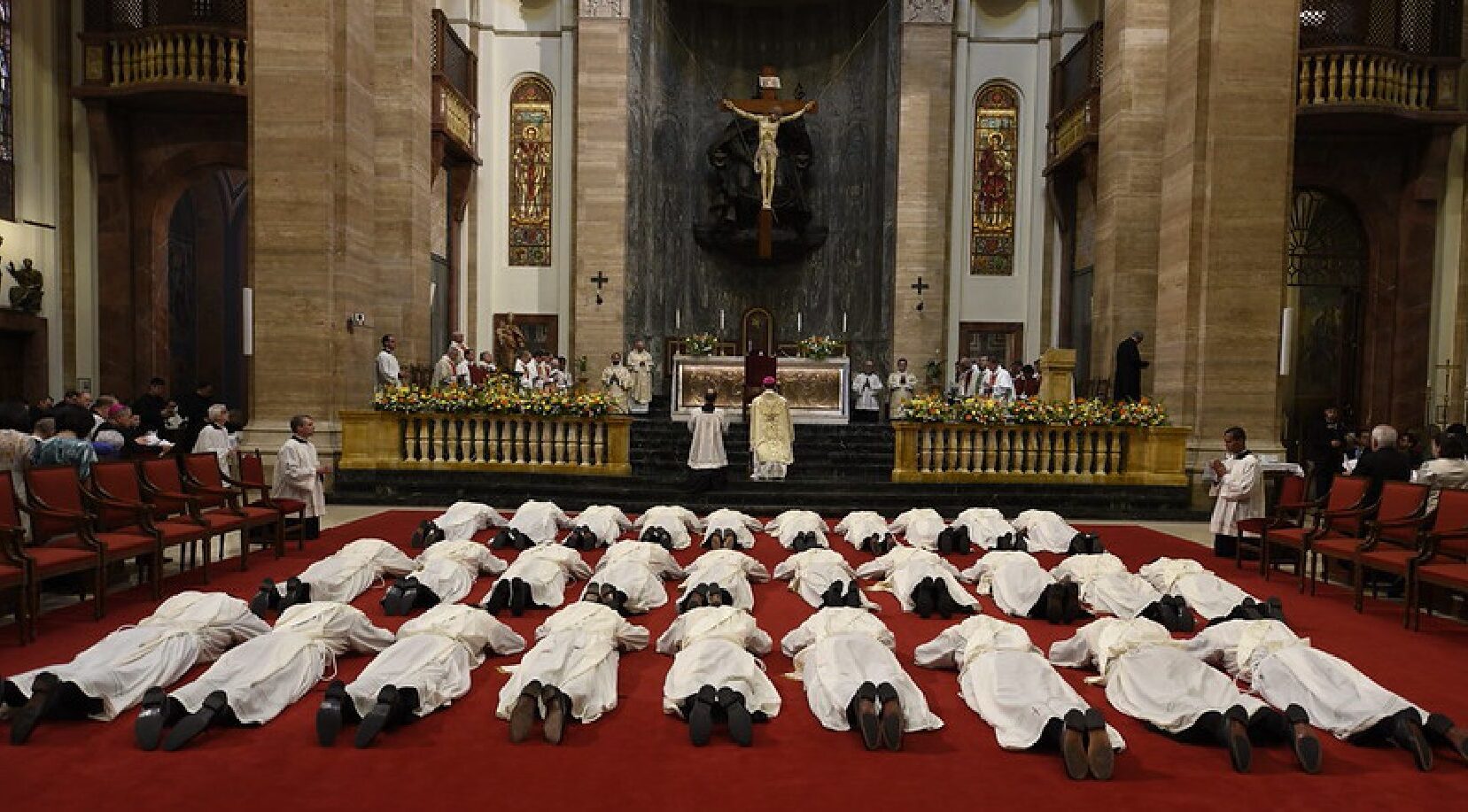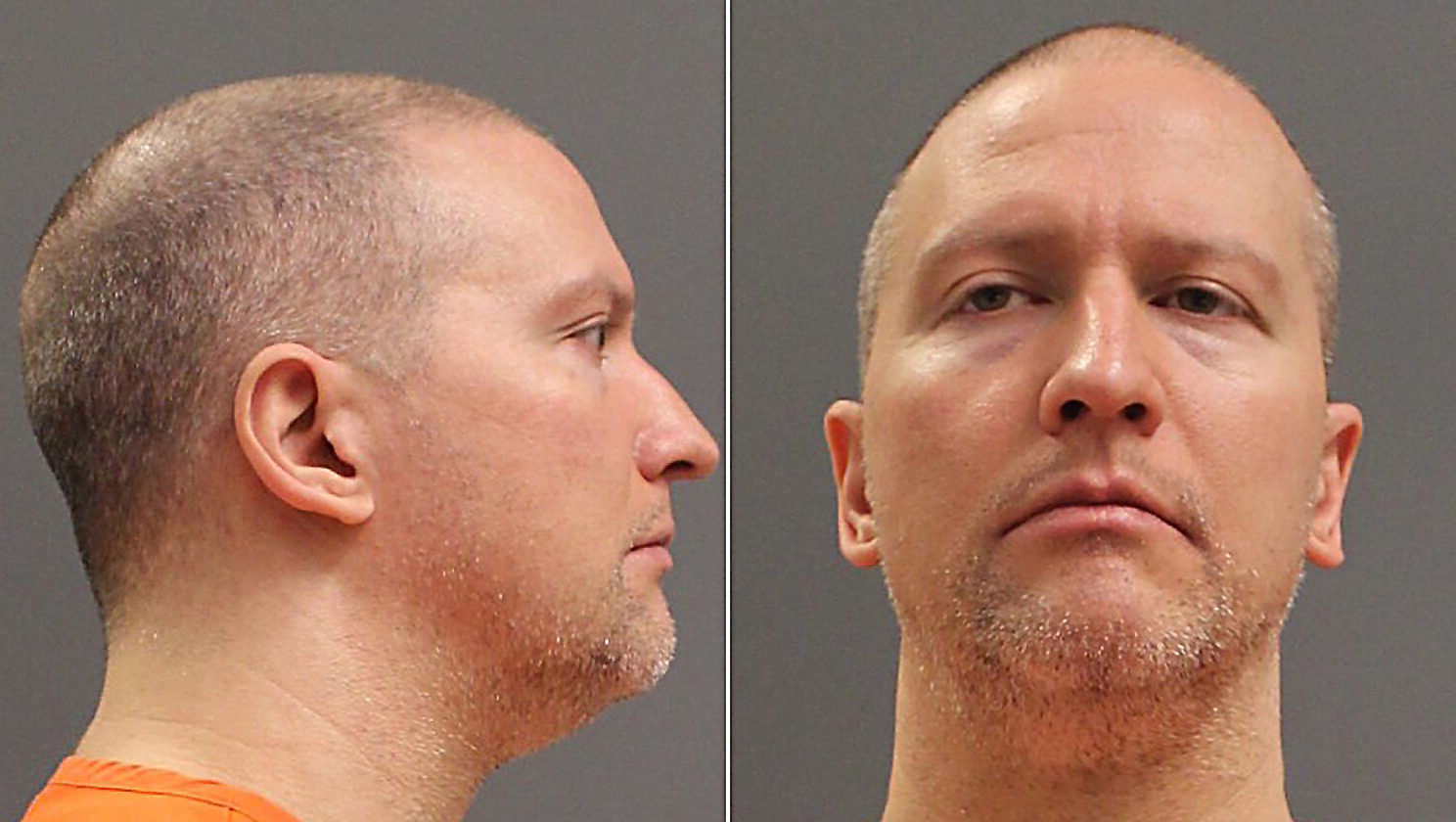
Opus Dei, a personal prelature of the Catholic Church, often sparks curiosity and debate. Founded in 1928 by St. Josemaría Escrivá, its mission aims to spread the message that everyone is called to holiness and that ordinary life is a path to sanctity. But what exactly does Opus Dei do? Opus Dei emphasizes the importance of work and daily activities as opportunities to serve God. Members include both laypeople and priests, each committed to living out their faith in their everyday lives. Despite its noble goals, Opus Dei has faced criticism and controversy, often depicted as secretive or overly strict. This article will delve into 35 intriguing facts about Opus Dei to shed light on its true nature and dispel some myths.
What is Opus Dei?
Opus Dei, a personal prelature of the Catholic Church, often sparks curiosity. Founded in 1928 by Saint Josemaría Escrivá, it aims to spread the message that everyone is called to holiness. Here are some intriguing facts about Opus Dei.
-
Founded in Spain: Opus Dei began in Madrid, Spain, in 1928. Saint Josemaría Escrivá, a Spanish priest, established it to promote the idea that ordinary life can lead to holiness.
-
Personal Prelature: In 1982, Pope John Paul II made Opus Dei a personal prelature. This means it has its own bishop and operates independently of local dioceses.
-
Global Presence: Opus Dei operates in over 60 countries. Its members come from diverse backgrounds, united by their commitment to living out their faith in daily life.
-
Lay Members: Most members of Opus Dei are laypeople. They live ordinary lives, working in various professions while striving for personal holiness.
-
Numeraries: Some members, called numeraries, commit to celibacy and live in Opus Dei centers. They dedicate themselves fully to the organization's mission.
Opus Dei's Mission and Activities
Opus Dei focuses on helping people find God in their everyday lives. It offers spiritual guidance, education, and support to its members and the broader community.
-
Spiritual Guidance: Members receive spiritual direction to help them grow in their faith. This includes regular confession, prayer, and personal reflection.
-
Education: Opus Dei runs schools, universities, and educational programs worldwide. These institutions aim to provide high-quality education rooted in Christian values.
-
Social Initiatives: The organization supports various social projects. These include healthcare, vocational training, and community development programs.
-
Retreats and Workshops: Opus Dei organizes retreats and workshops. These events help participants deepen their faith and apply it to their daily lives.
-
Publications: Opus Dei publishes books, articles, and other materials. These resources offer spiritual insights and practical advice for living a Christian life.
Controversies and Misconceptions
Opus Dei has faced criticism and controversy over the years. Some misunderstandings stem from its secretive nature and strict practices.
-
Secrecy: Critics often accuse Opus Dei of being secretive. However, the organization maintains that its activities are open and transparent.
-
Mortification Practices: Some members practice corporal mortification, like wearing a cilice. This has led to misconceptions about the organization promoting self-harm.
-
Influence in the Church: Opus Dei's close ties with the Vatican have sparked concerns about its influence. Critics worry it wields too much power within the Catholic Church.
-
Recruitment Tactics: The organization has faced allegations of aggressive recruitment. Some former members claim they were pressured into joining.
-
Portrayal in Media: Books and movies, like "The Da Vinci Code," have depicted Opus Dei negatively. These portrayals often exaggerate or misrepresent the organization's practices.
Notable Members and Contributions
Many prominent individuals are associated with Opus Dei. Their contributions span various fields, from academia to politics.
-
Saint Josemaría Escrivá: The founder of Opus Dei, canonized in 2002. His writings and teachings continue to inspire members worldwide.
-
Álvaro del Portillo: The first successor of Saint Josemaría, beatified in 2014. He played a crucial role in expanding Opus Dei's reach.
-
Joaquín Navarro-Valls: A journalist and physician, served as the Vatican's spokesperson. His work helped shape the public image of the Catholic Church.
-
Rafael Merry del Val: A cardinal and diplomat, known for his contributions to the Church. He was a close collaborator of Pope Pius X.
-
John Coverdale: An American historian and lawyer, authored several books on Opus Dei. His works provide valuable insights into the organization's history and mission.
Opus Dei's Impact on Society
Opus Dei's influence extends beyond its members. Its initiatives have made significant contributions to education, healthcare, and social development.
-
Educational Institutions: Opus Dei-affiliated schools and universities are renowned for their academic excellence. They emphasize character formation and ethical values.
-
Healthcare Services: The organization supports hospitals and clinics worldwide. These facilities provide quality healthcare, often in underserved areas.
-
Vocational Training: Opus Dei runs vocational training centers. These programs help individuals develop skills and find employment.
-
Community Development: The organization supports various community development projects. These initiatives aim to improve living conditions and promote social justice.
-
Cultural Contributions: Opus Dei encourages members to engage in cultural activities. This includes promoting the arts, literature, and intellectual pursuits.
Opus Dei's Spiritual Practices
Members of Opus Dei follow specific spiritual practices to deepen their faith. These practices help them integrate their beliefs into everyday life.
-
Daily Prayer: Members commit to daily prayer, including the Rosary and personal meditation. This helps them stay connected to their faith.
-
Sacraments: Regular participation in the sacraments, especially the Eucharist and confession, is encouraged. These practices strengthen their spiritual life.
-
Spiritual Reading: Members are encouraged to read spiritual books and writings. This helps them grow in their understanding of the faith.
-
Examination of Conscience: A daily examination of conscience helps members reflect on their actions. This practice fosters personal growth and accountability.
-
Apostolic Work: Members engage in apostolic work, sharing their faith with others. This includes evangelization, teaching, and community service.
Opus Dei's Structure and Governance
Opus Dei's unique structure and governance model set it apart from other Catholic organizations. It operates under the leadership of a prelate and has a hierarchical system.
-
The Prelate: The prelate is the head of Opus Dei. Appointed by the Pope, the prelate oversees the organization's activities and spiritual direction.
-
Regional Directors: Opus Dei is divided into regions, each led by a regional director. These directors coordinate the organization's work in their respective areas.
-
Centers: Opus Dei operates centers where members live and work. These centers serve as hubs for spiritual formation and community activities.
-
Numeraries and Supernumeraries: Members are classified as numeraries, supernumeraries, or associates. Each group has different commitments and roles within the organization.
-
Advisory Bodies: Opus Dei has various advisory bodies that assist in decision-making. These include councils and committees at different levels of the organization.
Final Thoughts on Opus Dei
Opus Dei, often shrouded in mystery, has sparked curiosity and debate for decades. Founded in 1928 by St. Josemaría Escrivá, this Catholic institution emphasizes the sanctification of daily work and ordinary life. With over 90,000 members worldwide, Opus Dei plays a significant role within the Catholic Church. Its practices, such as corporal mortification, have drawn both intrigue and criticism. Despite controversies, many members find deep spiritual fulfillment through its teachings. Understanding Opus Dei requires looking beyond sensationalized portrayals and focusing on its core mission: helping individuals seek holiness in everyday activities. Whether viewed as a path to spiritual growth or a subject of scrutiny, Opus Dei remains a fascinating and influential part of modern religious life.
Was this page helpful?
Our commitment to delivering trustworthy and engaging content is at the heart of what we do. Each fact on our site is contributed by real users like you, bringing a wealth of diverse insights and information. To ensure the highest standards of accuracy and reliability, our dedicated editors meticulously review each submission. This process guarantees that the facts we share are not only fascinating but also credible. Trust in our commitment to quality and authenticity as you explore and learn with us.


